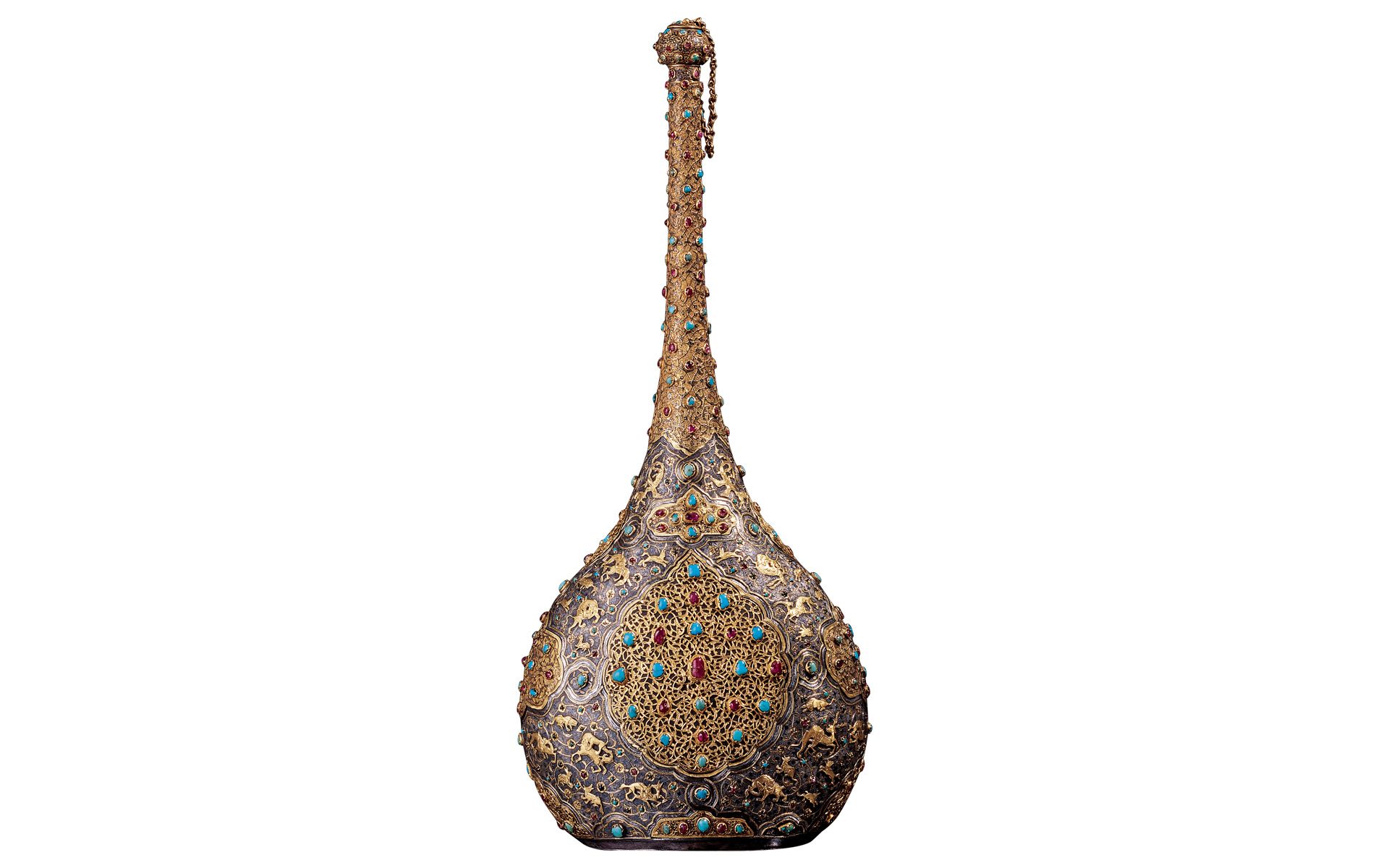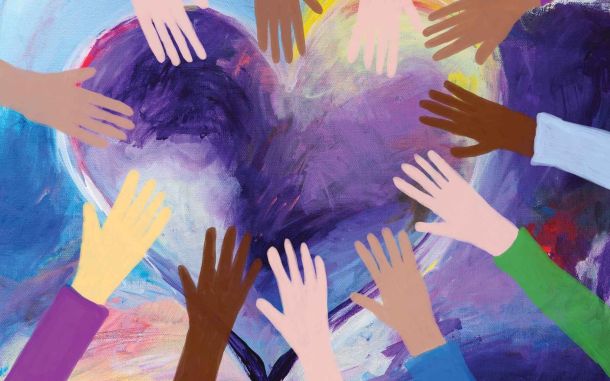Editorial (Issue 143): Stories From Your Neighbors

Our world is more connected than ever before, yet at the same time we often remain strikingly distant from one another. Technology, careers, education, or other pursuits could all be to blame. The Pandemic only exacerbated this problem when it consequently forced all of us to shelter inside for over a year. Our shared humanity should always reign supreme over these obstacles as it is what allows us to go above and beyond. This issue of The Fountain consists of many remarkable and inspiring stories from your fellow “brothers” and “sisters.”
“Homo Covidicus – Who Are You We?” delves deep into the Pandemic and its many effects on society. Mariya Tytarenko offers a retrospective on our collective experience of Covid and how it has transformed our language, lifestyles, clothing, etc. to a point where we feel like a new species!
“Voices and Monsters: Putting My Postpartum Psychosis in Context” explores the horrors of a rare psychological disorder in which one or two in every one thousand mothers feel oddly detached from their newly born babies. Jan Kaneen recounts her own story in which as a new mother she did her best to show her innate loving care and the subdue the “voices” of a monster inside not to harm the baby. Jan’s is an eye-opening story where we learn to sympathize with mothers suffering from this disorder and that through therapy and family support they can handle their situation.
“The Snowflake and the Sun,” the winner of our 2019 - 2020 Essay Contest, expertly tells the story of a young girl, Hannah, that is separated from the mother that she loves. She is forced to adapt to a life in an orphanage without being able to fully understand why she cannot live a normal life. She is eventually reunited with her parents and does her best to adjust until her mother learns one of the worst news any mother should hear. It breaks her down completely and Hannah is then prompted to move to America and begin a new life in a faraway land.
“For My Brother” is a memoir written by another girl named Hannah for her autistic brother Matthew. His seemingly endless amounts of energy, noise, and lack of control requires constant attention and care, thus putting an immense strain on her life and the lives of her parents. However, she feels an immense bond towards him despite these difficulties and loves him just as many of us love our siblings regardless of their imperfections. It is a reminder that love can be stronger than anything else if we allow it to be.









